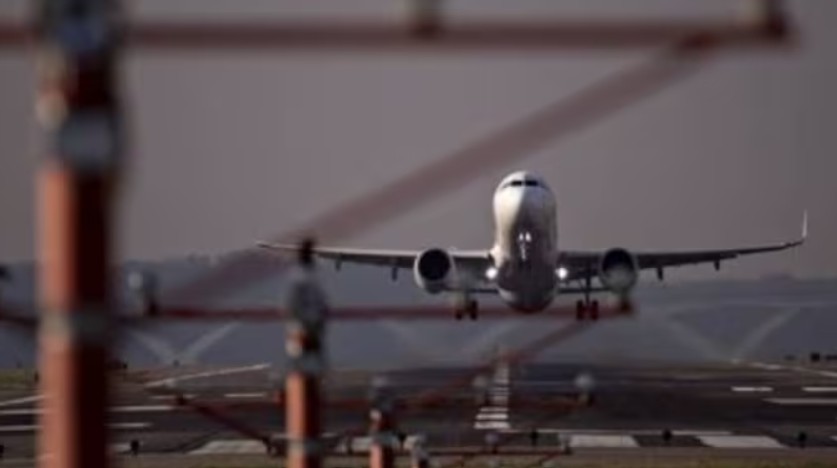The audit covers airlines, maintenance organizations, flying schools, and ground handlers, with officials conducting inspections, interviews, and simulations to assess safety practices, regulatory compliance, and crew performance standards.
The Directorate General of Civil Aviation (DGCA) has rolled out a new framework for Comprehensive Special Audits to strengthen India’s aviation safety oversight.
This audit came amid growing scrutiny of aviation safety standards following the recent Air India crash in Gujarat’s Ahmedabad and aims to overhaul the country’s safety mechanisms through a data-driven, risk-based, and globally aligned approach.
The audit covered a wide range of aviation entities, including scheduled and non-scheduled airlines, Maintenance Repair and Overhaul (MRO) organisations, Flying Training Organisations (FTOs), Air Navigation Service Providers (ANSPs), and Ground Handling Agencies (GHAs), among others.
The primary focus areas included Safety Management Systems (SMS), operational efficiency, adherence to regulatory frameworks, and crew and resource management protocols.
The DGCA has deployed multidisciplinary audit teams led by senior officials and supported by subject matter experts drawn from various domains within aviation. These teams are conducting rigorous inspections using a methodology that combines physical facility inspections, document reviews, personnel interviews, simulation assessments, and ramp checks at airports.
According to officials, the audit was triggered by a range of factors including aviation accidents, serious incidents, recurring non-compliance issues, or findings flagged by the International Civil Aviation Organization (ICAO).
The process will unfold in three stages: a pre-audit phase lasting five to seven days, a three-to-five-day on-site audit, and a post-audit period of ten to fifteen days for analysis and follow-up.
Findings from these audits will be classified based on severity: Level 1 for immediate safety risks, Level 2 for significant but non-critical issues, and a third category for long-term observations.
Entities audited are required to submit Corrective Action Plans (CAPs) within 15 days of receiving findings. The DGCA will closely monitor the implementation of these plans.
All findings will remain confidential, but the DGCA has made it clear that failure to comply with audit recommendations could attract penalties, suspension of operations, or even licence revocation.






